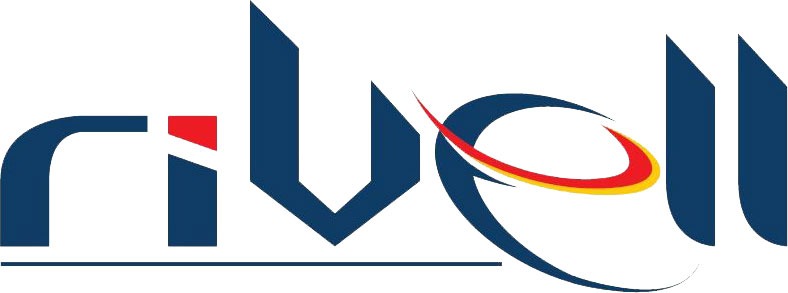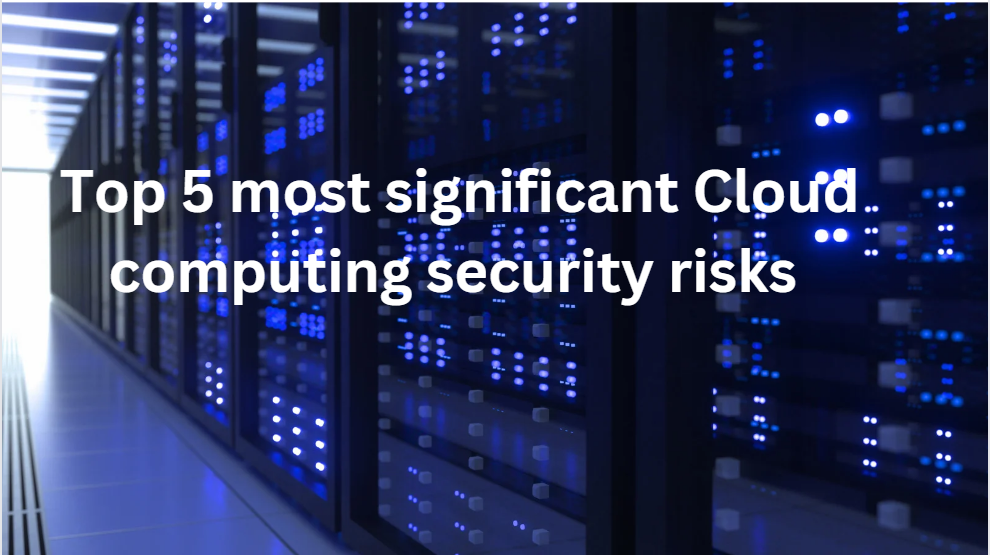Cloud computing has revolutionized the way businesses store and manage their data. It has brought about a host of benefits, including cost savings, scalability, and flexibility. However, with these benefits come security risks that businesses need to be aware of and take steps to mitigate. In this blog, we’ll take a look at some of the most significant cloud computing security risks.
1. Data Breaches
One of the most significant risks associated with cloud computing is the potential for data breaches. Data breaches can occur when unauthorized individuals gain access to sensitive data, such as personally identifiable information (PII), trade secrets, or financial data. Cloud providers may be targeted by hackers who seek to access the data stored on their servers. To mitigate this risk, businesses should work with cloud providers that offer robust security measures, such as encryption, firewalls, and multi-factor authentication.
2. Insecure APIs
Cloud providers often offer APIs (Application Programming Interfaces) that allow businesses to integrate their applications with the cloud. However, these APIs can also pose a security risk if they are not properly secured. Insecure APIs can be exploited by hackers to gain unauthorized access to a business’s data. To minimize this risk, businesses should ensure that their cloud provider’s APIs are secure and that they are using the latest security protocols.
3. Insider Threats
Another significant security risk associated with cloud computing is the potential for insider threats. Insider threats occur when employees or contractors with authorized access to a business’s data misuse or steal that data. This can include stealing sensitive data for personal gain or sharing it with unauthorized individuals. To mitigate this risk, businesses should implement strict access controls and monitoring systems that can detect and prevent unauthorized access to data.
4. Data Loss
While cloud providers offer reliable data storage and backup solutions, data loss can still occur. This can happen due to hardware failures, natural disasters, or even human error. To mitigate this risk, businesses should work with cloud providers that offer robust data backup and recovery solutions, including multiple backup locations and redundancy.
5. Compliance
Finally, businesses need to ensure that they are compliant with all applicable regulations and standards when using cloud computing. This includes regulations such as GDPR, HIPAA, and PCI-DSS. Failure to comply with these regulations can result in significant fines and reputational damage. To mitigate this risk, businesses should work with cloud providers that offer compliance services and ensure that their own internal policies and procedures align with regulatory requirements.
Conclusion
Cloud computing offers many benefits to businesses, but it also poses significant security risks. Businesses need to be aware of these risks and take steps to mitigate them. This includes working with reputable cloud providers, implementing strict access controls, monitoring systems, and backup and recovery solutions, and ensuring compliance with applicable regulations and standards. When it comes to cloud computing security risks, one of the top concerns is ecommerce security, which involves protecting sensitive customer information such as credit card details and personal data from cyber attacks and data breaches. By taking these steps, businesses can reap the benefits of cloud computing while minimizing the associated security risks.
Are you concerned about the security risks associated with Cloud computing? If so, Let Rivell take care of your cloud security risks. Rivell is a leading Cloud computing services provider in New Jersey that offers a range of solutions designed to help businesses mitigate the security risks associated with cloud computing.









